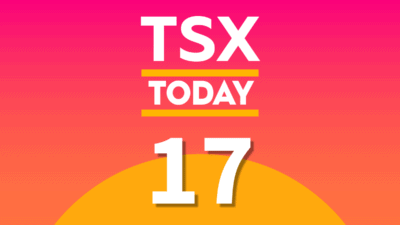The Bank of Canada’s approach when it comes to interest rates has been quite aggressive lately. After beefing up the numbers following a pace similar to the U.S. Fed, BoC is expected to raise the interest rates by 75 basis points this month. Another hike of about 50 basis points will come in September.
The goal is to push down the inflation that has been rampaging at a maddening pace. But the rapidly rising interest rates are expected to trigger another phenomenon — a recession. Many financial institutions and experts, including the largest bank in Canada, are predicting a 2023 recession.
It’s difficult to say whether the BoC will increase interest rates as aggressively in 2023 as it has done in 2022. The rates are expected to grow to about 3.25% by the year-end if the BoC pursues its restrictive policy.
These rates are expected to affect many businesses from big banks to smaller financial businesses.
The largest mortgage lender in Canada
As the largest mortgage lender in Canada, Royal Bank of Canada (TSX:RY)(NYSE:RY) controls about 27.4% of the total mortgage market in the country. And as mortgages experience the brunt of the rising interest rates even more than some other loan products, the impact might translate to Royal Bank of Canada’s earnings in the coming quarters.
With interest rates skyrocketing, many potential homebuyers and real estate investors might choose to defer buying till a later date, when the rates are at more manageable levels. And if we combine this potential trend with a decline in property prices that Canada has been experiencing for a while now, RBC might do a lot less mortgage business for a while.
Still, as a leader in one of the most conservative banking sectors in the world, RBC is a solid bet. And if the stock falls amid the higher interest rates, you may have the chance to buy it at an even more discounted price and lock in a higher yield than the current 4%.
A mid-cap financial company
Home Capital Group (TSX:HCG) offers a range of financial solutions to its customers, including mortgage and credit cards, both of which are quite heavily dependent upon BoC’s interest rates. This small, $1.1 billion market cap company has about $27 billion worth of assets under management, and it has processed around 140,000 mortgages and home refinancing loans in the last decade.
If the high-interest rates negatively impact the two largest business segments of the company (mortgages and credit cards), it will be reflected in its financials. The company may experience the strain on its dividends as well.
This may push away potential or even existing investors, and you may be able to buy it at an even higher discount than the current 43.6% one. And if the stock experiences a bullish phase similar to the one it went through after the great recession, you might be able to grow your capital by a powerful margin.
Foolish takeaway
The interest rates and possible recession will reflect in almost all bank stocks, not just RBC. In fact, RBC and TD might prove more resilient than most other banks, thanks to their geographic and product diversification.








